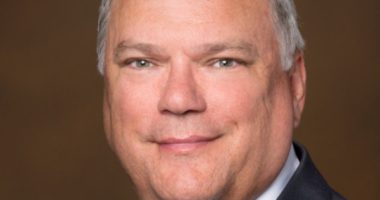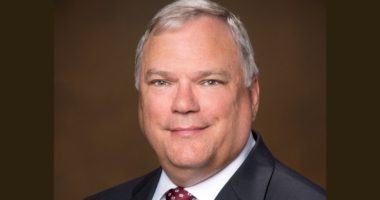Last month, William Husel, MD, was acquitted on all counts related to deaths from prescribing fentanyl in high doses to 14 terminally ill patients in one of the largest murder trials in the state of Ohio. It was noted that he prescribed doses for his patients up to 20 times the recommended dosage. He said he, as the nighttime ICU physician, offered them “comfort medication” for their severe pain.
You can debate the issue of end-of-life care and what is and is not appropriate. There is no doubt that fentanyl, which is 100 times stronger than morphine, can be fatal with just a small dose. No doubt we are still in an opioid epidemic in the U.S., with almost 500,000 Americans who died from 1999-2019 from opioid overdoses, including both prescription and illicit opioids. Statistics have suggested that the COVID pandemic made the opioid crisis in this country even worse. National Center for Health Statistics’ data showed that between December 2019, and December 2020 – the peak of the pandemic in the USA – more than 93,000 Americans died from drug overdoses, up 29.4% over the previous 12 months. That’s 255 fatal overdoses per day! A real tragedy.
Considering the ethics of end-of-life care and the devastation that the opioid epidemic has caused in our country, why do I think that the acquittal of the Ohio physician was a win for all physicians? It is simple. We must be able to practice medicine to the best of our ability and preserve the right to prescribe medications off-label and in doses outside of those approved by the FDA. Think about how often you have a patient use a medication above the recommended dose. There is not a clinic day that I don’t have a patient for whom I use more or less than what the product label states. Not uncommonly, I will have a patient take fexofenadine 180 mg tablet up to three times a day for chronic urticaria – much higher than the approved dose of 180 mg once a day. Think about your pediatric patients. How many times do we prescribe treatments only approved for adults? What about omalizumab for chronic hives? If it had not been prescribed for off-label use by physicians and then the publishing of their case reports in medical literature, would we ever have had this product finally approved for this condition?
How many of you perform oral immunotherapy for foods off-label? How many of you use SLIT drops for respiratory allergies off-label? If this physician had not been acquitted, could this have put into jeopardy our ability to prescribe as we choose, when we think it is in the best interest of our patients? Do we want our hands tied in the way we prescribe because we could be sued for prescribing more than the recommended dose of a drug?
So, am I saying that doctors arrested for writing hundreds and thousands of opioid prescriptions should not be in prison? Absolutely not. They should be put away from society. You may say, but this doctor “killed” these patients with his prescribing. That was the central question in this case, which the jurors had to consider. While I in no way condone the notion of doctors hastening their patients’ deaths using pain medicine, this doctor has the right to prescribe what he feels is best for his patients. It is a slippery slope. If we don’t defend the physician’s right to prescribe over the recommended dosage and off-label – even in an opioid case – we might see more limitations on the way we prescribe medications. Our hands will be tied if we always have to follow what the FDA says.
Dr. Husel’s lawyer, Jose Baez, said after the verdict was handed down, “They (physicians and nurses) don’t need to be looking over their shoulders, wondering if they’re ever going to get charged with a crime.” I totally agree.



